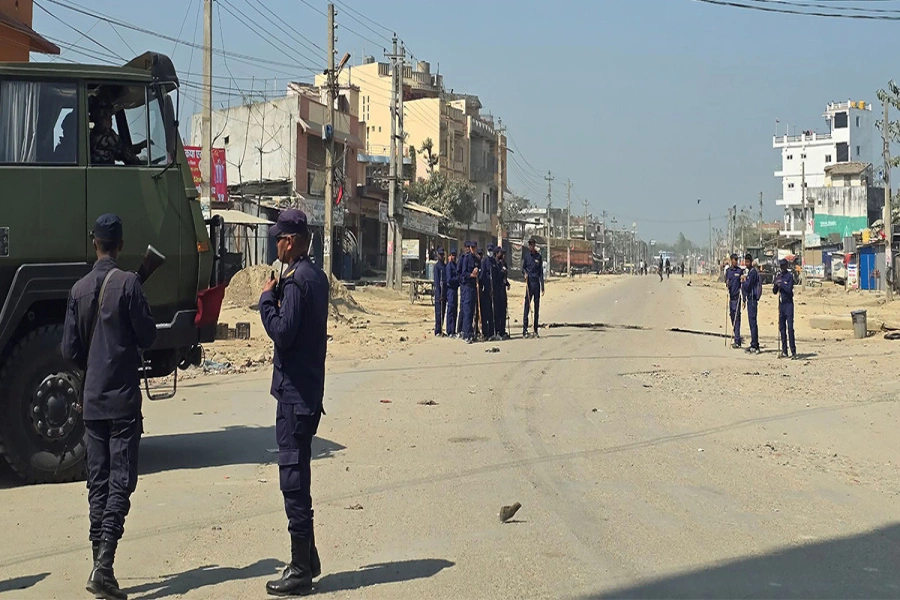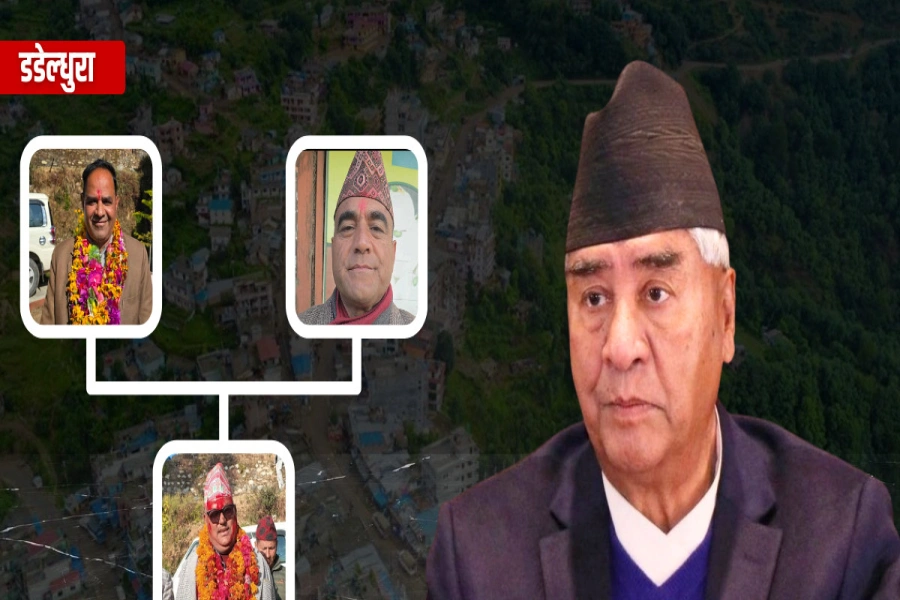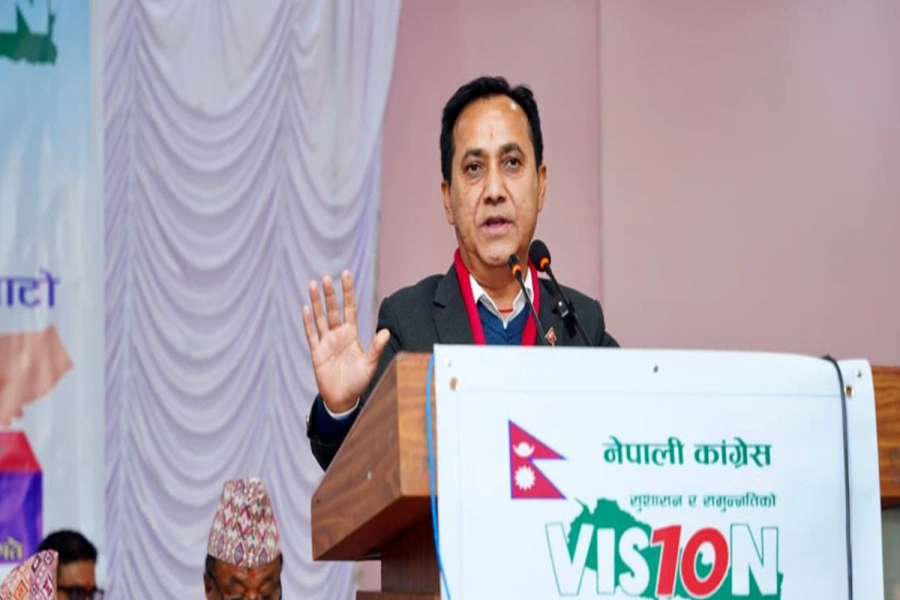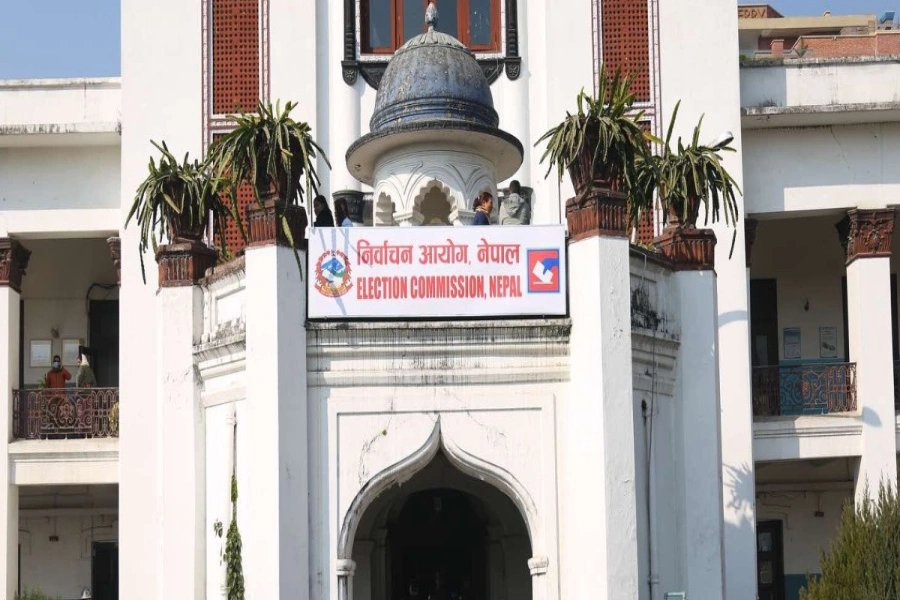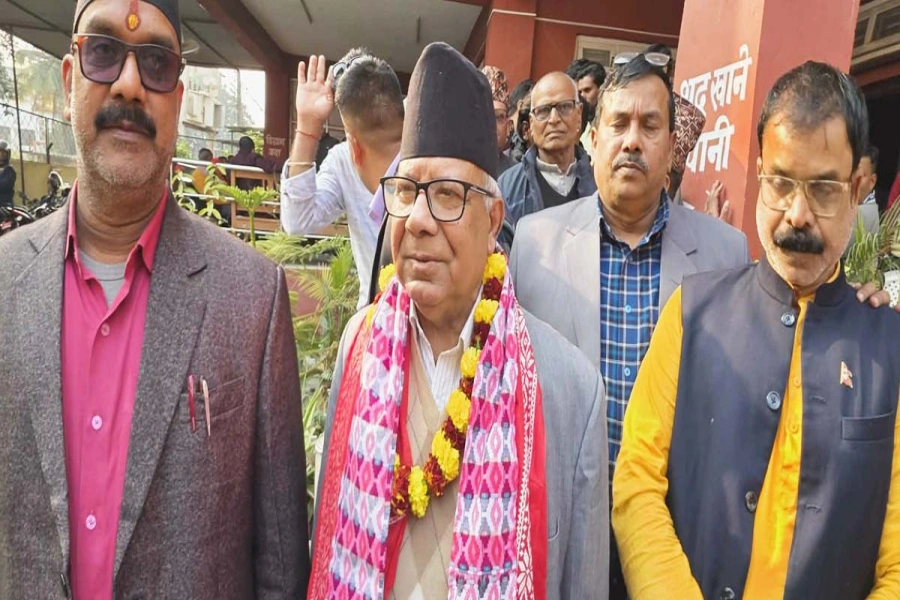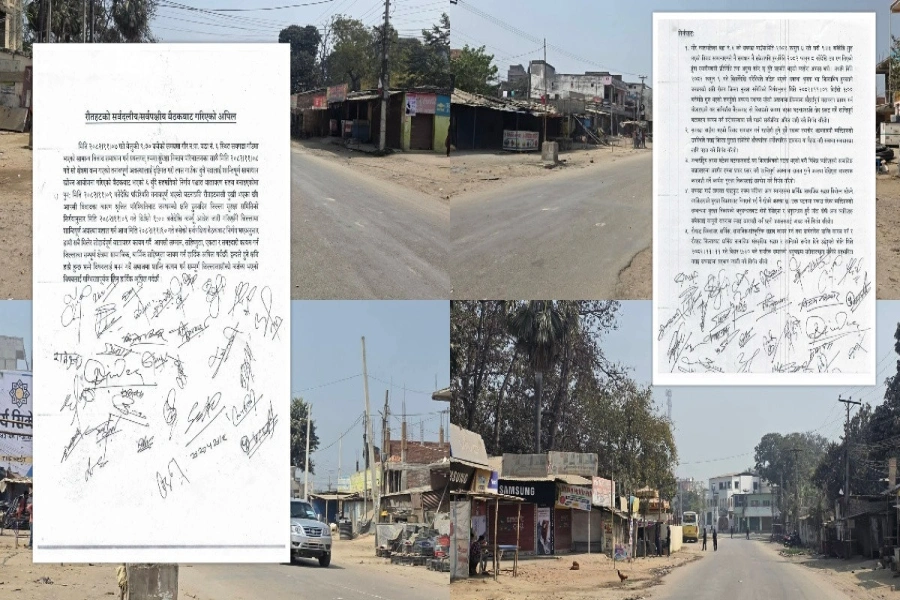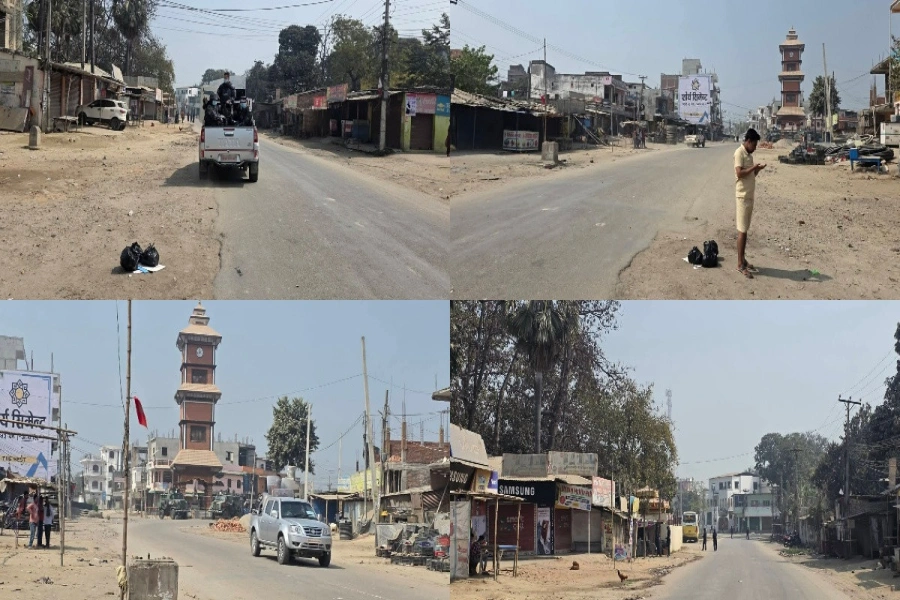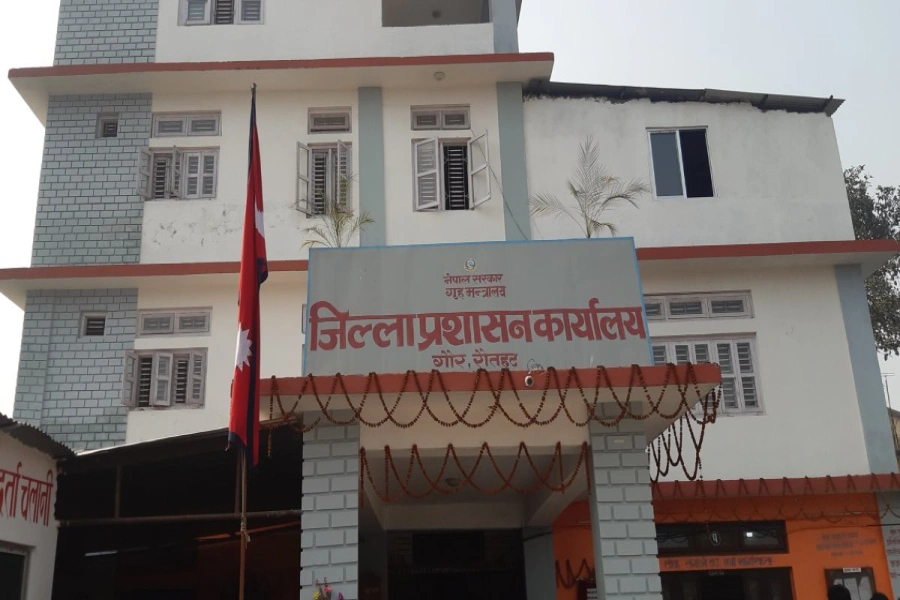ILAM, August 26: The ongoing Gorkhaland movement in Darjeeling of India has triggered inflation in the Nepali markets in the eastern region bordering India. The rate of everyday necessities such as rice, pulses and oil has soared up, locals informed. Indian consumers have been carrying goods from the Nepali markets. There is general strike in Darjeeling for the last 72 days.
Prior to the general strike, the rates were just normal. Since the agitation began, it gradually grew and now it’s skyrocketing, according to Kamal Gadal of Ilam. It’s all because the Indian people have been buying things from here, he stated.
Locals complain of at least 10 percent inflation in essential goods. According to Gadal, the price of 25 kg of rice earlier was Rs 2,600 and now it’s Rs 3,000. Similarly, there has been significant rise in the price of pulses, sugar, oil, wheat and so on.
“Everything has become costlier due to the purchase by Indians. Price of commodities which come from India and which are produced here, both have risen up,” Gadal said, adding, “If the strike goes on, we are going to face severe problem.”
Due to the long-standing strike, there has been gradual growth in the purchase of goods in the Nepali markets by Indians. Growing number of costumers have been sneaking to Nepal to buy things.
Production and supply of daily essentials to continue

Indian people have been impacting the rates also because they are ready to pay higher rates for goods.
“They have food crisis there. There is ongoing strike since a long time. So, they come here and buy in huge quantities. And they buy for higher rates,” said Gadal.
Market rates have also been affected due to transportation hassles. Nepali traders have not been able to bring goods to Nepal at regular rates. Many of them would avail goods at cheaper rates by taking advantage of the open border.
According to a businessperson from Ilam, they used to smuggle goods before. Evading tax was common. However, now it’s not possible and that has also forced them to sell stuffs at higher price.
“We would often bring things without paying tax. Or if we would pay, we would pay little tax. That was how we were selling goods during normal time at normal rate. But now, we are not allowed to do so,” he said.
He added that bringing everything from Kakadbhitta customs point has cost them extremely high rates. “Our transportation charges are so high, apart from tax,” he lamented.
Traders stated that they rely on Indian wholesale market for almost every good. Since over two months, they have been importing goods with much difficulty.
Local consumers however reported that they are being charged much higher also for items produced in the country itself. They have urged the government to look into this matter.
“We are paying much more not only for things imported from India, but also for items produced here,” said Gadal. “How can we handle it, it’s hitting us hard,” he added.
Nepali traders stated that Mirik and Darjeeling used to be their favorite shopping destinations. From the two places, they could get goods for much cheaper rates. Since the movement started, there is no question of visiting those areas.
Due to the general strike, all the markets of Darjeeling and other border areas have been shut in West Bengal. There is hardly any movement of people or vehicles. Indian consumers face great hassles in coming to the markets in Nepal border for shopping. Many of them, who come in private vehicles, are seen with ‘recommendation’ from agitating parties.
A local businessman from Ilam, Nima Lama stated that Indian traders have been carrying goods from Nepal to India. This has decreased the number of Indian consumers. “Individuals are coming in lesser numbers. Traders have been taking goods from here and they sell off there,” he said. “Yes, the price has soared for several reasons,” he added.
According to Pashupatinagar branch of FNCCI, there used to be transaction worth Rs 4 million in Pashupatinagar market. Now, there is zero transaction.
“From the day when there is strike started, there is simply no transaction in Pashupatinagr,” said Pramod Rai, president of the FNCCI branch.







